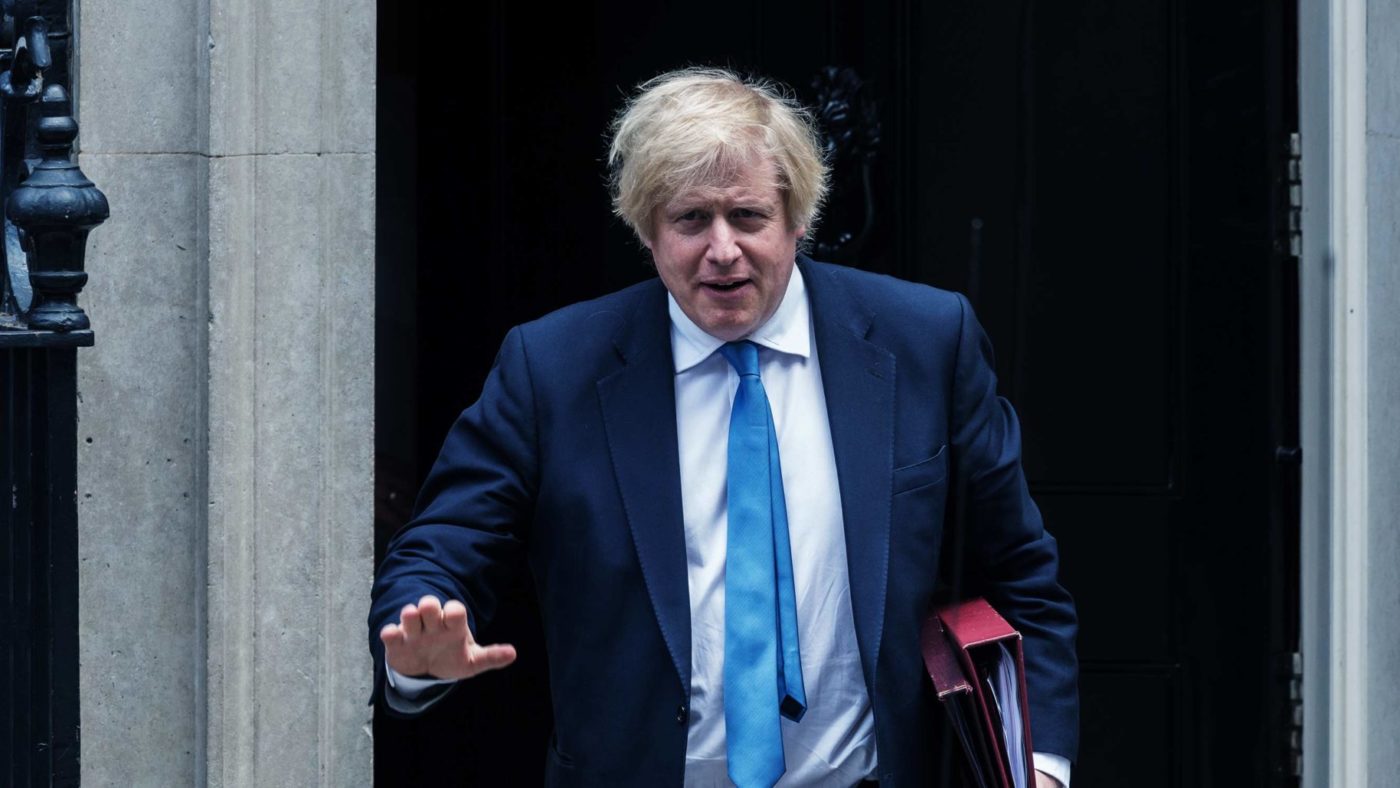Announcing last week that the Department for International Development will be folded into the Foreign Office, Boris Johnson noted that “distinctions between diplomacy and overseas development are artificial and outdated”. “They are,” he added, “one and the same endeavour, designed to achieve the same goals, which are right in themselves and serve our national interest”.
The Prime Minister is quite right. To implement a joined-up post-Brexit foreign policy that works in partnership with developing countries to help improve their economies and institutions, create greater prosperity and boost mutually beneficial trade and investment requires a judicious combination of diplomatic, economic and other specialist skills.
Many development initiatives should be led by diplomats, among whose key skills is developing close relationships with foreign governments. Those relationships are central to success in most ambitious development interventions and building upon them through delivering quality aid both makes the aid more effective and helps Britain benefit from the good will that results.
That means DfID should be fully integrated into the revamped Foreign Office, rather than the FCO merely having political control over a recalcitrant but still largely independent aid bureaucracy. Notwithstanding Sir Malcom Rifkind’s fond memories of the old Overseas Development Administration – just such an independent bureaucracy within the FCO – it would be a grave mistake to go back and reincarnate it. Times have changed. Control of aid funds will need to be integrated into the FCO at operational level for the merger to be meaningful. That means no more separate and wasteful UK diplomatic and aid offices in foreign capitals.
Meaningful change in the geographic allocation of UK aid funds is also necessary. The PM has pointed out the foolishness of giving as much aid to Zambia as to Ukraine, but will we actually spend less in African countries of little strategic interest to the UK such as Malawi and Rwanda, and more in Eastern Europe, Latin America and other areas of strategic and economic importance? There will be much squealing from those linked to various African countries if our aid spending there is reduced. But it’s a price worth paying to shift spending to countries where we can both reduce poverty and protect our national interests.
For UK aid to actually stop being a ‘giant cashpoint in the sky’ there are other profound changes that will be required. The most important is that at present some 55% of aid funds are given away to unaccountable multilateral organisations – EU ones, but also UN agencies, the World Bank and others – to spend as they see fit. This is a much higher percentage than most countries and means Britain has much less control over its development expenditure that if it chose to spend the funds directly.
There are clearly political reasons for ministers avoiding direct control of spending, one being that it keeps UK administrative costs down. If we spent more directly, we would need to hire more British officials to help do so. Perhaps more importantly, ministers are directly responsible for programmes they control, whereas no one really knows what happens to British taxpayers’ money spent though the EU, UN or World Bank. Our funds are mixed with others and accountability mechanisms are very weak. If a UN or World Bank programme fails badly it is unlikely that anyone will hear about it. And even if news of failure leaks out, British ministers will not be blamed, so their political risk is lower – though at the price of losing meaningful control over most of our aid spending.
A key indicator of the effectiveness of Britain’s new development policy will be what the FCD does with the circa £1.5 billion aid money that we cease channelling through the EU. Will it spend it directly in the British interest or hand it over to other multilateral organisations? It is vital we avoid the terrible mistake of continuing to fund assorted EU aid programmes – a byword for incompetence – but there will be a great temptation to indulge in virtue signalling by doling out money to various other worthy multilateral initiatives.
Instead we need to be able to deploy our aid funds ourselves in the national interest, literally taking back control. The Prime Minister talked of the “the six countries of the western Balkans, which are acutely vulnerable to Russian meddling” as targets for increased British assistance. To make a difference there will require us to mount sophisticated interventions, carefully designed to overcome the type of ‘bad governance’ problems to which Oliver Kamm referred in a recent CapX piece. The ability to mount a coherent approach under the aegis of an integrated Foreign, Commonwealth and Development Department will make a significant difference to the prospects of success.
Post-Brexit there is a great opportunity to use development aid more strategically, helping both Britain and developing countries strengthen their trade and investment ties to their considerable mutual benefit. But without radical reform of how the aid budget is deployed and full integration of the aid bureaucracy into the FCO, the PM’s changes could end up achieving little.
Click here to subscribe to our daily briefing – the best pieces from CapX and across the web.
CapX depends on the generosity of its readers. If you value what we do, please consider making a donation.


